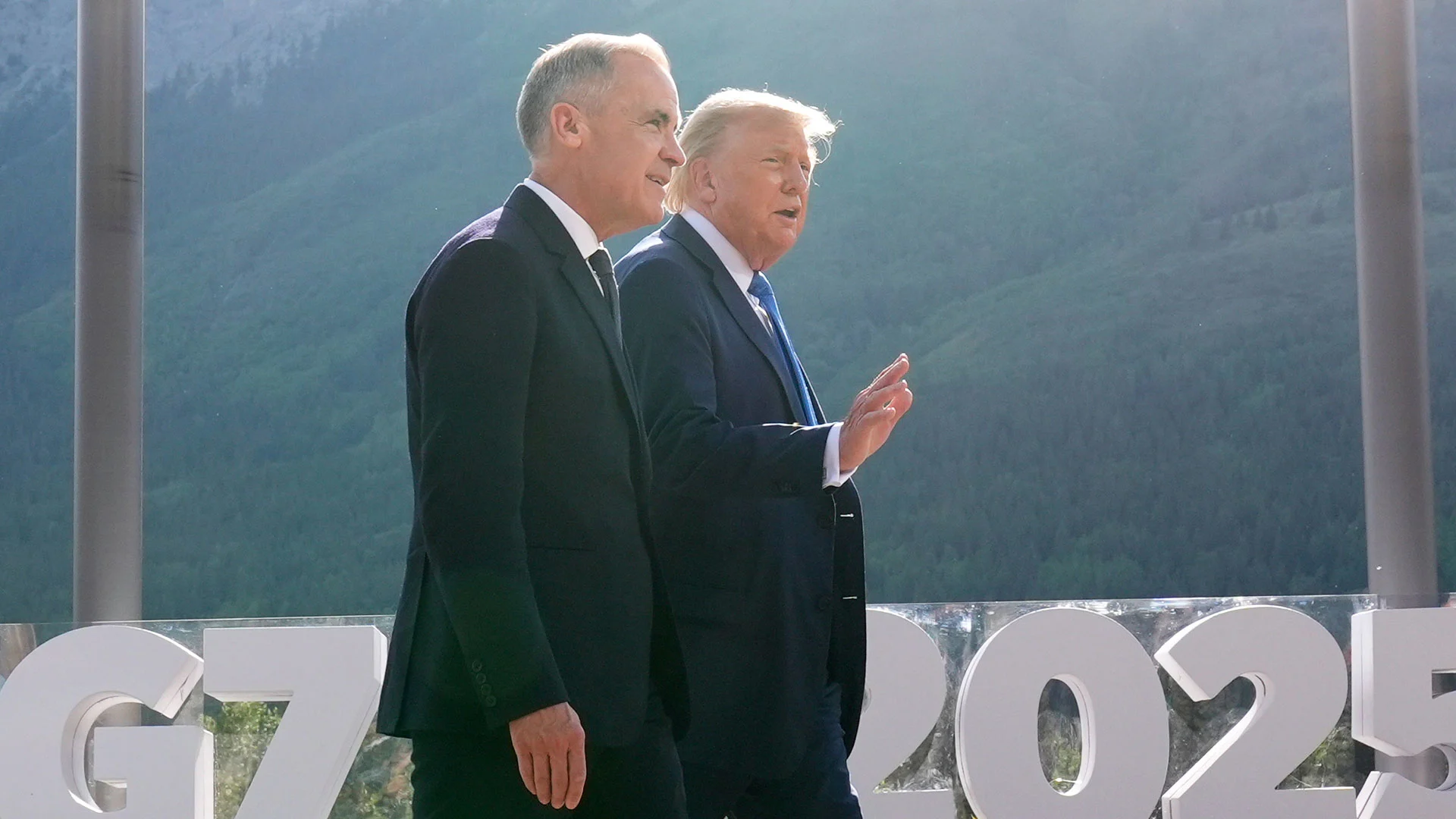
"President Donald Trump announced an increase in tariffs on imported goods from Canada to 35%, significantly escalating trade tensions between the two nations. This decision follows earlier 25% tariffs implemented in March, aiming primarily to address fentanyl smuggling issues, despite limited evidence of trafficking. Trump expressed ongoing dissatisfaction with Canada’s trade barriers and the bilateral trade deficit, especially concerning oil. As these tariffs take effect on August 1, the global economy may face increased strain, with stock market futures reflecting investor concerns regarding the future of U.S.-Canada trade relations."
"In response to Trump's aggressive tariff strategy, Canadian Prime Minister Mark Carney affirmed Canada's commitment to developing a new trade framework with the U.S. He noted that Canada has made substantial progress in combating fentanyl trafficking and has prioritized protecting Canadian workers in negotiations. Carney's statement underscores Canada's determination to defend its economic interests while navigating the challenges posed by U.S. trade policies. The tensions have seen Canada imposing retaliatory tariffs on U.S. products, illustrating the growing friction in this critical North American relationship."
President Trump plans on raising tariffs on many imported goods from Canada to 35%, deepening existing tensions between the two countries. This increase follows a previous 25% tariff implemented earlier in the year, justified by efforts to combat fentanyl smuggling. Trump's grievances include ongoing trade barriers from Canada and a significant trade deficit due to oil purchases. The higher tariffs, effective August 1, may create concerns in the global economy, impacting stock market stability. Meanwhile, Canada aims to establish a new trade framework while defending its economic interests against U.S. policies.
Read at Fast Company
Unable to calculate read time
Collection
[
|
...
]